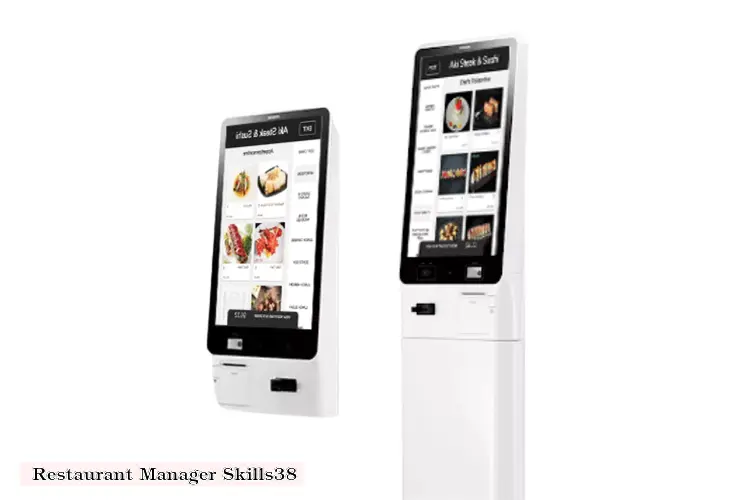

Restaurant managers play a vital part in the restaurant industry's success. They are responsible for managing the day-to-day operations of the restaurant, ensuring that customers are satisfied, and maintaining a profitable business. Restaurant managers need a diverse set of abilities to carry out their tasks successfully.
Here are some of the essential restaurant manager skills:
1. Strong Leadership Skills: A restaurant manager must possess good leadership skills to inspire and direct the staff. They must set a good example, encourage teamwork, and build a positive work environment.
2. Strong Communication Skills: The art of communication is essential in the food service industry. Managers must be able to communicate with customers, staff, and suppliers. Their communication skills must be adequate to address customer issues and difficulties effectively.
3. Customer Service Skills: Customer satisfaction is essential for any restaurant's survival. It is the manager's responsibility to guarantee that clients are delighted with their dining experience. This entails responding to criticism and addressing client issues immediately and effectively.
4. Financial Management Skills: Restaurant managers must know how to manage finances, including controlling inventories, labor costs, and overhead expenditures. They must be capable of managing profit and loss and making strategic choices to maximize revenues.
5. Marketing Skills: A restaurant manager needs to have a sound marketing strategy to attract new customers and keep regulars returning. Setting up loyalty initiatives, advertising campaigns, and social media marketing are all obligations.
6. Problem-Solving Ability: Problems are inevitable in the restaurant industry. A restaurant manager must know how to deal with such issues, such as a breakdown in equipment or a kitchen shortage of ingredients. They must think quickly and creatively to find solutions that will not impact customer service.
7. Attention to Detail: A restaurant manager needs to have an eye for detail, from the presentation of the meal to the cleanliness of the restaurant. They must guarantee that the restaurant provides a pleasurable dining experience for all consumers.
8. Innovation: Restaurant managers need to be creative and develop new ways to attract customers and improve the dining experience. They must stay on top of trends and invent new ways to set their restaurant apart from the competition.
9. Coordination and Organizational Skills: During peak hours, the manager must ensure the restaurant runs smoothly and efficiently. Restaurant managers must be well-organized and competent at delegating responsibilities to staff to achieve this.
10. Familiarity with Food Safety Regulations: A restaurant manager must know all food safety laws and ensure the restaurant follows them. They must also guarantee that the restaurant keeps the greatest levels of cleanliness and hygiene.
11. Adaptability: Restaurant managers must adapt to shifting trends, recipes, and client tastes. They must also be willing to evolve and adjust their methods as the restaurant industry evolves.
To summarise, a successful restaurant manager must possess various talents that enable them to manage the restaurant efficiently. They must be strong leaders, outstanding communicators, skilled at customer service, and capable of managing finances. They must also be creative, innovative, and flexible, with an eye for detail and a dedication to food safety rules. Restaurant managers may build a successful and profitable business by combining all of these talents.
For individuals who wish to get into the restaurant business, becoming a restaurant manager can be a satisfying and hard job. It necessitates various skills, including solid leadership and communication skills, customer service abilities, financial management capabilities, marketing skills, problem-solving talents, an eye for detail, innovation, coordination and organizational abilities, a familiarity with food safety standards, and adaptability.
By mastering these abilities, future restaurant managers can give their customers a pleasurable dining experience while assuring the success and profitability of their enterprises.
DISCLAIMER: This information is provided for general informational purposes only, and publication does not constitute an endorsement. Kwick365 does not warrant the accuracy or completeness of any information, text, graphics, links, or other items contained within this content. Kwick365 does not guarantee you will achieve any specific results if you follow any advice herein. It may be advisable for you to consult with a professional such as a lawyer, accountant, or business advisor for advice specific to your situation.
today
Copyright © 2026 Kwick365.com
Designed by KwickPOS is the best restaurant POS